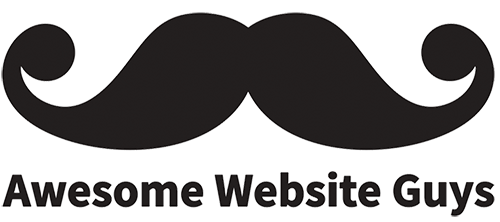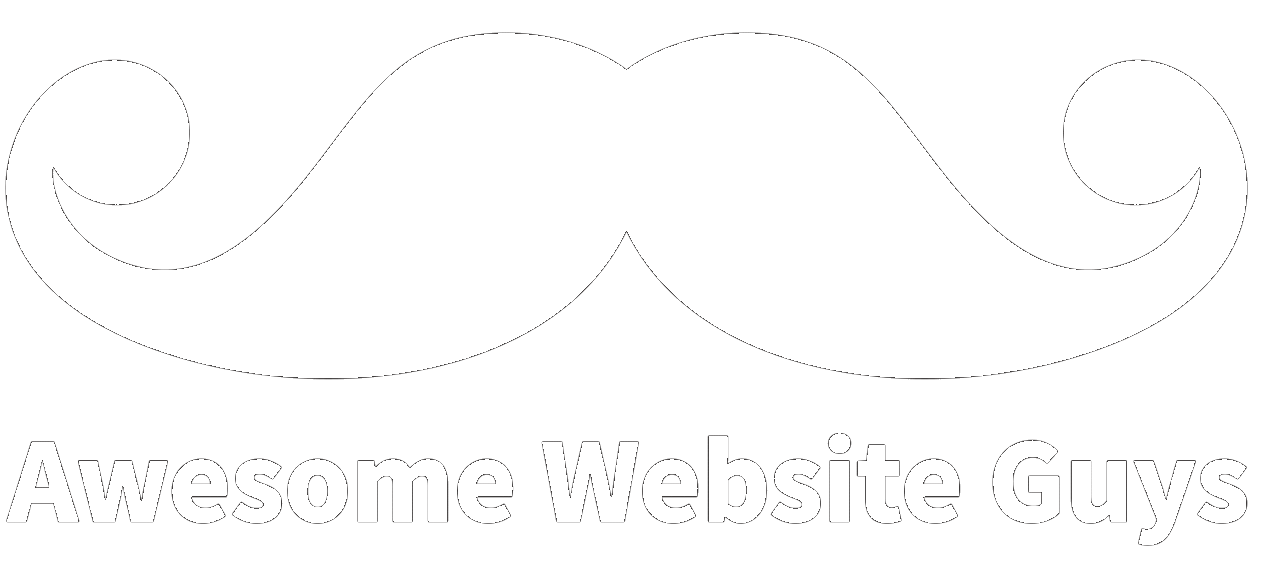Did you know that 78 percent of local mobile searches lead to a purchase either in a store or on a website? It’s no surprise that local searches have a fairly high purchase intent, especially when a prospective customer discovers what they need in a nearby location. Whether you own a small or large local business, you want your nearby customers to discover your brand through search engines. To achieve this, you need an effective local SEO strategy. If you are new to SEO, keep reading to discover what local SEO is and tips for optimizing your site for local search.
What Is Local SEO?
Local SEO (search engine optimization) refers to the process of optimizing your business’s online presence. The primary goal is for a business to show up on search engines when nearby customers search for a product or service related to a specific business. For traditional brick-and-mortar businesses, local SEO plays a key role in helping customers discover you, bring in new customers, and encourage customers to visit your physical location.
To provide the most relevant and useful search results, search engines like Google use local SEO. This allows search engines to show the best results in a nearby location. Google uses three main ranking factors for choosing which sites to display.
- Proximity – how close a business is to a user searching for a nearby product or service.
- Relevance – how relevant a business is to a specific search phrase.
- Prominence – how popular a business is and how much online authority it has.
Local SEO results appear in four primary ways on search engines.
- Organic Search Results – are earned from local businesses following SEO best practices and thus, the site listing appears as a regular search result.
- Paid Search Engine Results – are from a local business that pays for their site listing to appear when online users search for specific keywords. This is a pay-per-click strategy that produces an ad listing, typically at the top of the page.
- Google My Business Results – are rich search results that are displayed with a map and featured listings on Google. The results are from businesses that have optimized their Google My Business page, thus making it easier for customers to find them.
- Google Guaranteed Listings – are rich search results that are offered for specific types of businesses, which have signed up and been verified through Google’s Guaranteed program.
How to Optimize Your Site for Local Search
1. Have a Mobile-Friendly Site
Since 77 percent of online visitors use mobile devices to look up a local business, it makes sense that having a mobile-friendly site is essential. A mobile-friendly website is responsive and able to seamlessly adapt to any screen size. Responsive sites improve your site experience and SEO ranking. Indeed, mobile-friendly sites are easier to use and navigate. You can check your site by conducting a technical SEO audit or using Google’s Mobile-Friendly test.
2. Add Your Business Address on Your Website
If you have a business website, it’s important to add your current business address to it. Nothing is more frustrating for site visitors than not knowing where you are located or only finding your old address. For businesses with only one location, you can simply add your address to your site footer and contact page. For businesses with multiple locations, it’s a good idea to create a designated locations page that includes a list of all of your addresses. You can then create an individual page for every location. Business sites should include a map on their contact and location pages.
3. Create a Google My Business Page
To boost your local SEO, consider creating a Google My Business (GMB) profile for your business. GMB results typically show a business location (i.e. address, hours, phone number, email, etc.) or call-to-action buttons (i.e. call a business, get directions, visit a website, etc.). If you have numerous locations, it’s recommended that you create a GMB profile for each location.
4. Create Business Citations for Your Business
Aside from GMB, it’s helpful to create business citations, which are a mention of your business. A business citation is an online mention of your business, including your address, name, and phone number. These citations help search engines know that your business is legitimate and trustworthy for customers to visit. Businesses can find plenty of local and national directories, such as:
- Angie’s List
- Citysearch
- Foursquare
- MapQuest
- TripAdvisor
- Yellow Pages
5. Check Your NAP Consistency
Have you ever heard of NAP? This stands for name, address, and phone number and it’s an important factor to consider when creating citations for your business. NAP consistency is the consistent use of your business name, address, and phone number on directory sites. To ensure your business listings have accurate information, it’s important to regularly check your business listings. If you find outdated information, you can update the information, which will increase the likelihood that online visitors will purchase your products or services.
6. Optimize Your Title Tags and Meta Descriptions for Your Location and Category
If you are new to SEO, title tags and meta descriptions refer to meta tags or pieces of code added to the backend of your website. Search engines use this information to understand what your page is about. A title tag is a version of a web page’s title that shows up on SERPs, while a meta description is a blurb that describes a specific page or post. Boost your local SEO by optimizing these tags and descriptions for your specific location and type of business category.
Tips for Title Tags and Meta Descriptions:
- Add your city and business category to the title tag and meta description of your location pages.
- Write title tags that are 60 characters or less.
- Write meta descriptions that are 320 characters or less.
7. Optimize Your Site with Relevant Local Keywords
To make it easier for online users to find your business site, it’s a good idea to optimize your web pages for locally focused keywords. This includes long-tail keywords or phrases with specific locations. For example, web designer in Wilmington or best web designer near Wilmington. By conducting a general keyword research list for your business, you can discover popular keywords that have low-competition. These keywords can help improve your site ranking and encourage visitors to check out your website. When they visit your site, they will explore your products and/or services and hopefully drive conversions.
To find relevant local keywords, you can use a keyword research tool. This will help you get a general list of keywords to rank for based on your business’s offerings. Once you have that list, use it to build content, optimize your site pages, and check your on-page SEO for your site. By doing this, it will be easier for people to find your site via local SEO keywords on search engines.
8. Use Off-Page SEO
Off-page SEO refers to optimizing your site through various methods that aren’t directly on your site. For example, this includes the number of links pointing to your site. Ideally, other high-quality, relevant websites will link back to your site. This tells Google that your site is authoritative and trustworthy, which is important for driving traffic to your site and boosting your local SEO.
There are several ways to build high-quality backlinks to your site, including:
- Broken link building
- Guest posting
- Influencer marketing
9. Gather Reviews for Your Business
It’s no surprise that online reviews are an effective way to show how trustworthy and professional your business is. Google uses your online business reviews to determine your search rankings. After creating your GMB page, use this page to gather reviews from your customers, as well as on your website and social media platforms.
Tips for Getting Business Reviews:
- Ask customers to write a review about their experiences through emails or on social media.
- Create a page or section on your site that allows customers to write a review, as well as read reviews from other customers.
We hope you found this week’s article helpful as you find ways to optimize your site for local search. These tips are a great starting point to help nearby people discover your products or services and help search engines rank your site according to your SEO strategy efforts. If you are looking for a website partner that cares about your business, look no further than Awesome Website Guys in Wilmington, NC.
Valerie Hare
Valerie is a Content Strategist at Awesome Website Guys. She has a background in web development and writing. When not working, she enjoys going to the beach, walking her dog, and chilling with her family.

